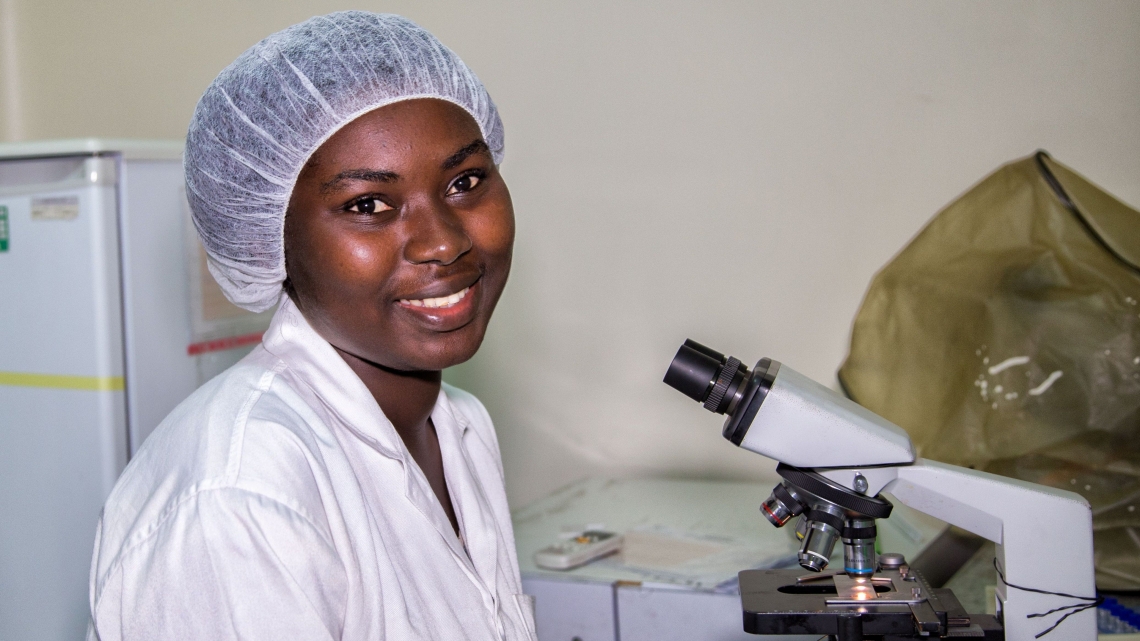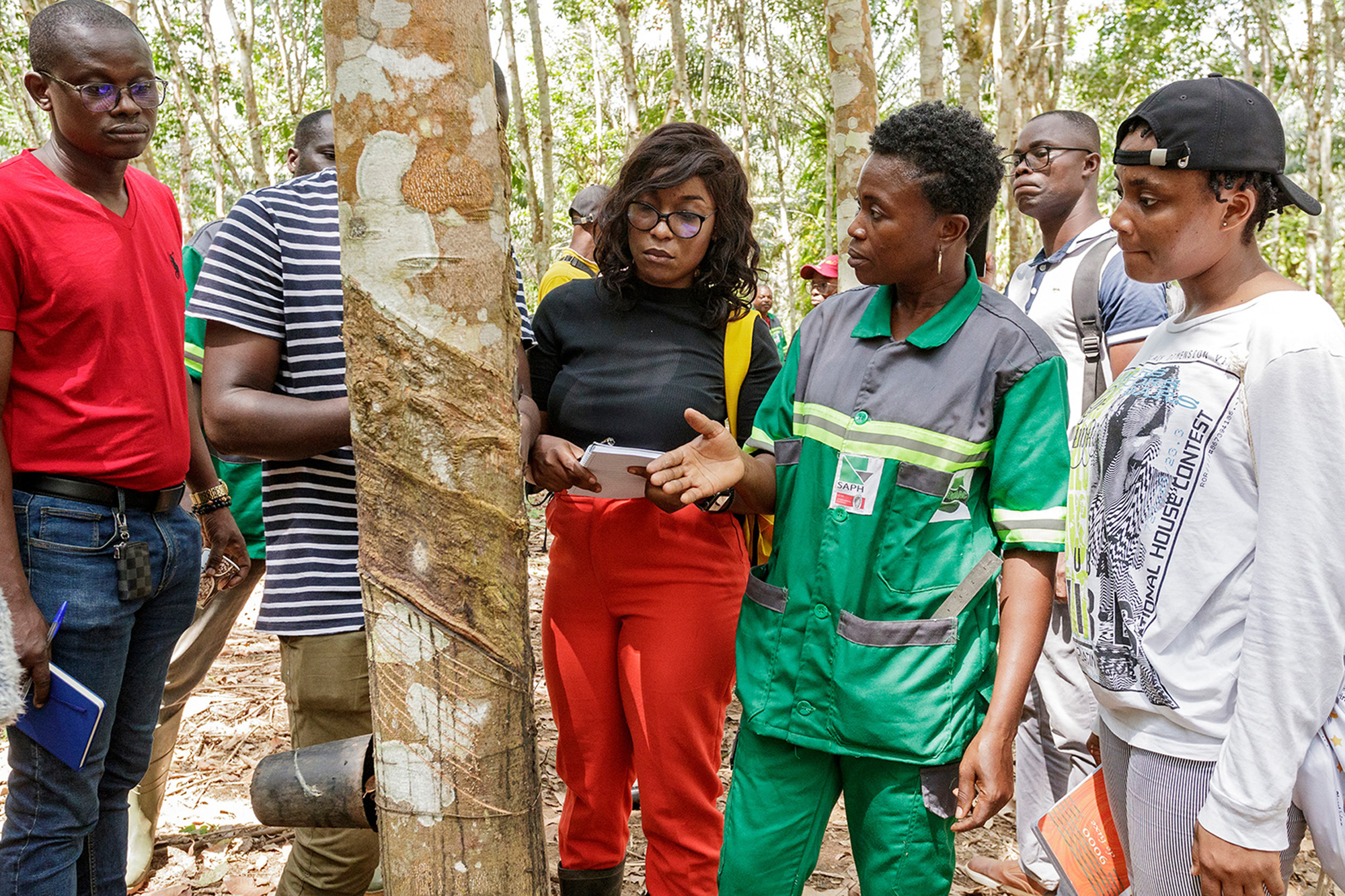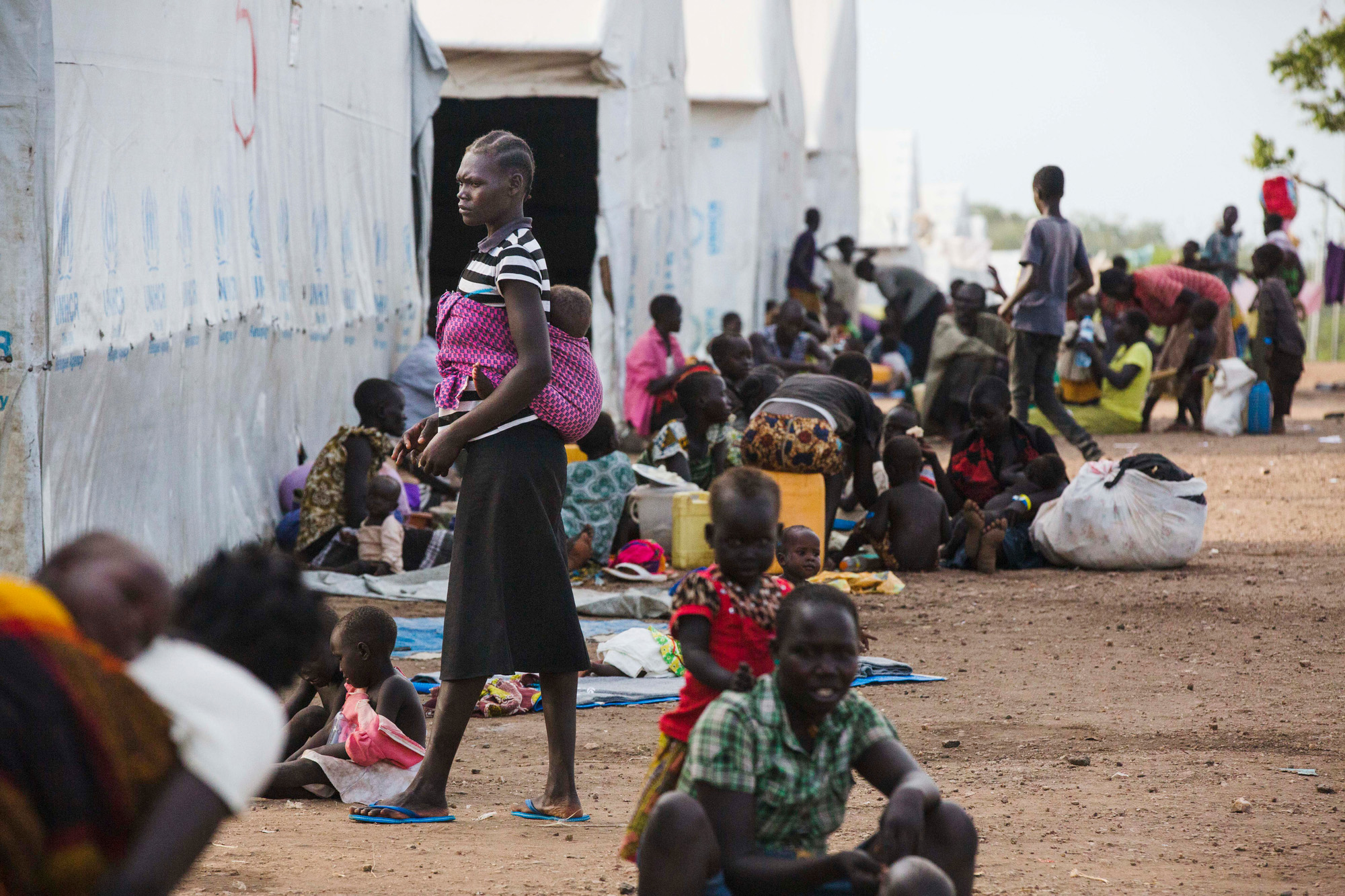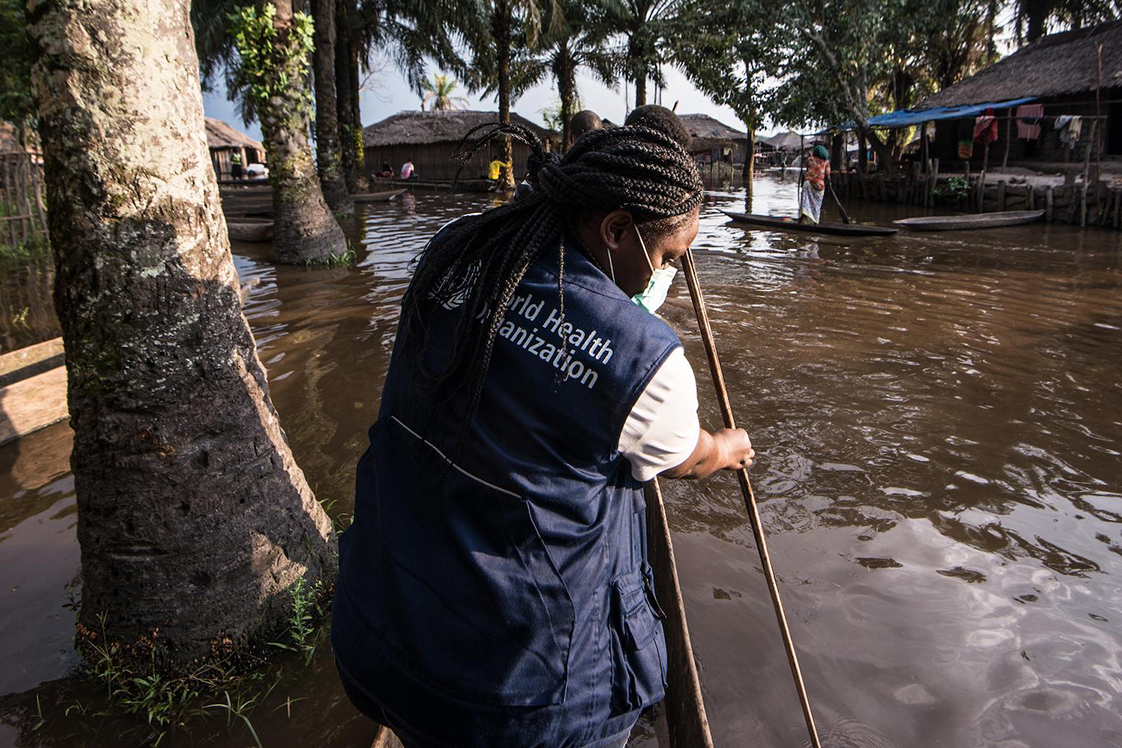Find out more in
Global Issues:
The work of statisticians is crucial to address food insecurity and improve food productivity. Young African women are working to bridge the data gap in their countries and improve the agricultural landscape. The Food and Agriculture Organization of the United Nations (FAO) Global Strategy to Improve Agricultural and Rural Statistics programme helps young statisticians to learn how statistical theory applies to real-life agricultural production and yield. FAO offers scholarships to applicants in African countries to pursue a one-year master's programme in Agricultural Statistics. The programme covers data collection and analysis, sustainable practices, and leveraging technology.
The South Sudanese refugee population, with over 65% children, is the largest refugee situation in Africa. They live in precarious conditions, worsened by drought and food insecurity. This protracted situation is Africa's largest refugee crisis. Despite efforts toward peace, South Sudan still faces violence, food insecurity, and flooding. To help alleviate the situation, the UN Refugee Agency (UNHCR) will launch the South Sudan Regional Refugee Response Plan on Thursday, March 28. The humanitarian initiative will address the needs of 2.2 million refugees in 2024.
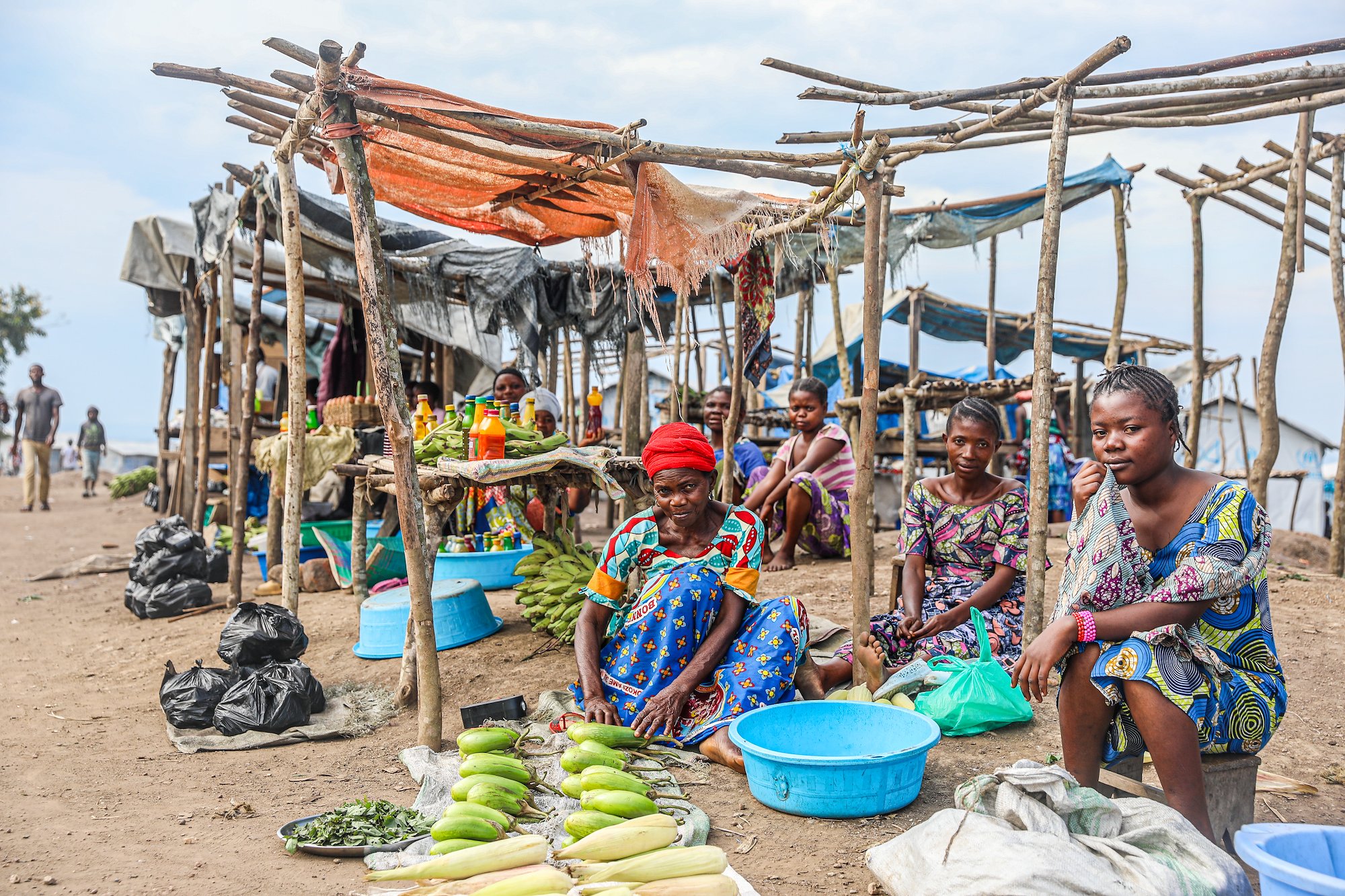
Cash assistance to empower displaced people in DRC
Decades of armed conflict in the eastern Democratic Republic of the Congo have forced some 5.5 million people to flee their villages, leaving them in dire need of assistance to survive. Since the humanitarian operations were scaled up in North Kivu, South Kivu and Ituri Provinces last June, the distribution of cash assistance has significantly increased. In July 2023, the WFP distributed cash to more than 800,000 vulnerable individuals in these three provinces, an eightfold increase within just one month. Learn about the stories of three beneficiaries of this programme: Yalala, Akela, and Nyangoma, and how they invested the money provided by the UN.
A year ago, a little-known virus emerged, and in a matter of weeks the world would be jolted by an unprecedented pandemic. COVID-19 has upturned every aspect of life, and the struggle is still on to bring the virus under control. In the African region, WHO has worked with governments to tackle the pandemic, which turned 2020 into an extremely challenging year. Even so, the region reached remarkable milestones: two Ebola outbreaks have been halted, Africa is free of wild polio and more is being done to safeguard health systems. We feature some of the key achievements of 2020.
Matshidiso Moeti is the first female Regional Director for Africa for the World Health Organisation. Now she’s the face of the COVID-19 fight in Africa, but she says facing the pandemic is easier than where she started her career as a doctor - fighting the HIV/AIDS epidemic in sub-Saharan Africa in the 1990s. In this third episode of season 3 of Awake at Night with host Melissa Fleming, she says, we’re willing to talk about inequalities and tackle stigma about disease.
The Africa Human Capital Plan sets out clear targets and commitments to boost Africa's potential through its human capital.
Of the Ultimate Fighting Championship’s almost 600 fighters from around the world, 11 are African. They include the current middleweight and welterweight champions.

